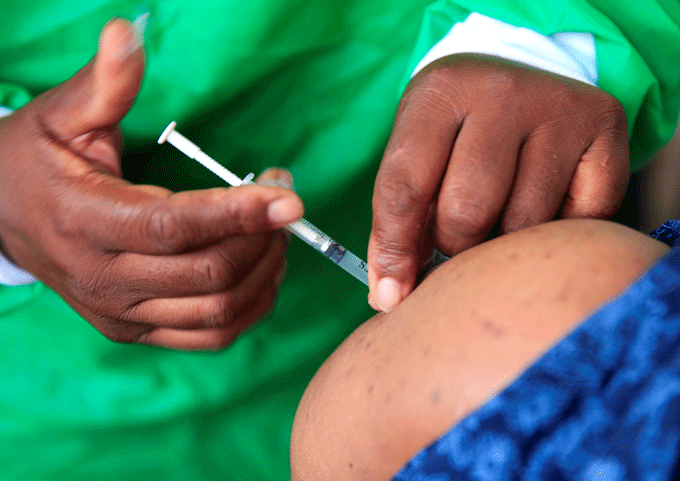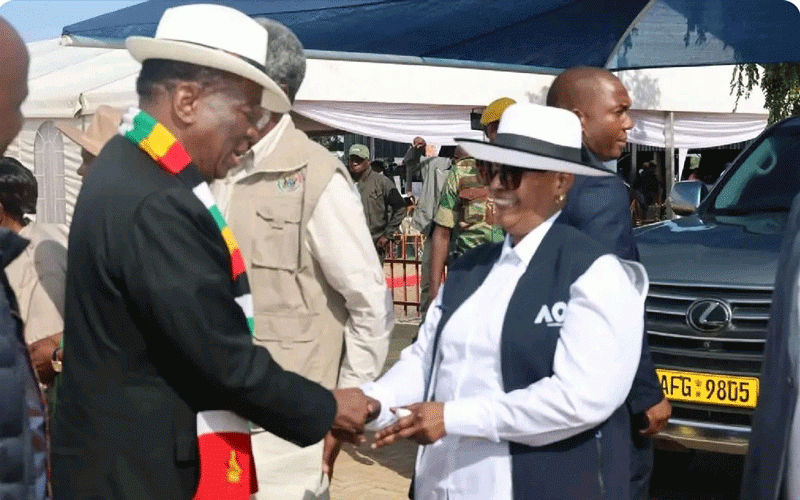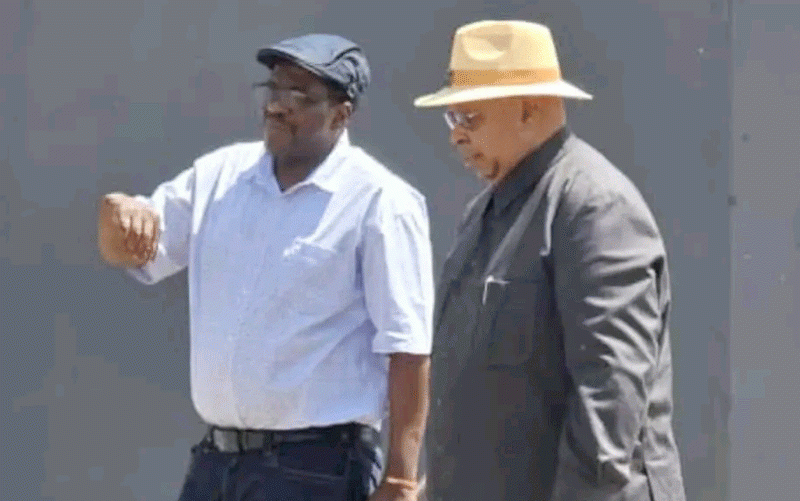
BY NQOBILE BHEBHE
When Zimbabwe launched its Covid-19 vaccination programme this February, it drew a mixed bag of enthusiasm and scepticism in equal measure.
The government set timelines for vaccinating around 600 000 healthcare and other frontline workers under the first phase of the vaccination exercise.
The elderly and those with chronic conditions were set to follow after the country took delivery of 200 000 doses of Sinopharm vaccine from China.
As the debate of getting a jab escalated, the virus eased as infections dropped while stringent lockdown measures were gradually lifted but reports of vaccine shortages began to surface in urban centres.
However, in the past few weeks, there has been an upsurge of infections countrywide, sparking a demand for the Covid-19 jab.
As they rush to get a jab intensifies, rural communities in Matabeleland South cry foul of being neglected as they accuse the central government of concentrating in urban areas.
In separate interviews with locals surrounding Plumtree, it emerged that vaccine information is still lacking further fuelling scepticism despite a rise in infections and fatalities.
- Chamisa under fire over US$120K donation
- Mavhunga puts DeMbare into Chibuku quarterfinals
- Pension funds bet on Cabora Bassa oilfields
- Councils defy govt fire tender directive
Keep Reading
“I have never seen health workers moving around in my ward disseminating information about the vaccine,” said Melissa Khupe.
“I only get to hear about vaccination on foreign radio stations and it would about shortages of vaccines in urban areas.
“I feel we are neglected in rural areas. Maybe it’s because we are viewed as not contributing much to the economy of this country.
Khupe told The Citizen Bulletin that due to transport costs, she cannot afford to travel to Bulawayo twice to be vaccinated.
It costs almost 100 rand to travel from Plumtree to Bulawayo.
“It hurts to hear on the radio that vaccine doses are being delivered in Harare and other parts of the country. why are vaccines not available at my nearest clinic?” Khupe asked.
“Are we not Zimbabweans enough to be vaccinated?”
The Matabeleland Institute for Human Rights (MIHR), views the Covid-19 pandemic as a major human rights’ risk and in its recent survey painted a gloomy picture in Matabeleland South.
It said of the 20 wards sampled in four districts, “there was no Covid-19 vaccine in their local clinics and this has been going on for more than one month now”.
“In all the 20 communities of Insiza, Gwanda, Mangwe and Matobo Districts that were sampled and surveyed, key informants revealed that there was no Covid-19 vaccine in their local clinics and this has been going on for more than one month now.
“In some of the clinics, they alluded to the 2nd dose being available but not the 1st dose,” the MIRH said.
The country is aiming to inoculate 60%of its 14.5 million people to archive herd immunity— the point in which enough people have immunity to a disease that it can no longer spread throughout the population — by the end of the year.
Itai Rusike, Community Working Group on Health executive director, is of the view that poor distribution of vaccines poses a danger of leaving people in rural areas vulnerable during the third wave of the Covid-19 outbreak.
“Vaccine equity is very key in combating the virus but as long as we don’t address this, people in the rural areas will continue to be affected,” Rusike said.
“They should not be left out in accessing vaccines.”
MIRH added that respondents contacted in their survey said it was difficult to travel to district hospitals to access the first dose of the vaccine.
“There is no publicly available information as to the availability of the 1st dose in the district hospitals and therefore, people are sceptical to travel to the districts and find the 1st dose not there having spent lots of money for transport (including the risk of using pirate transporters),” it said.
Former Bulilima legislator Norman Mpofu was worried about the carefree attitudes shown by some villagers.
“At the moment in most rural areas, it is perceived as an urban disease.
“Those in rural areas have this false sense that they are safe,” he said.
Mpofu also accused some business owners of not monitoring crowds at their premises.
“At Macingwana village, tournaments attracting participants from as far as Plumtree town and Bulawayo are organised,” Mpofu said.
“After the soccer tournaments, all-night drinking follows. This is dangerous.”
President Emmerson Mnangagwa recently tightened the country’s Covid-19 control measures, moving them to a tougher level 4.
Under the new lockdown measures, intercity movement is prohibited, except for production and distribution of food and medicine.
The curfew hours run from 6.30 PM to 6 AM
- This article was originally published by The Citizen Bulletin, a nonprofit news organisation that produces hard-hitting, hyperlocal reporting and analysis for the southwestern region of Matabeleland.









